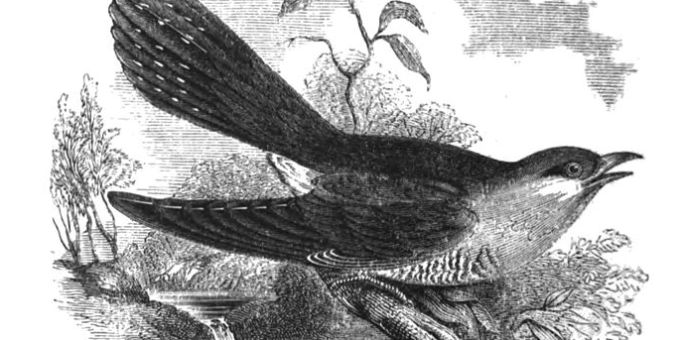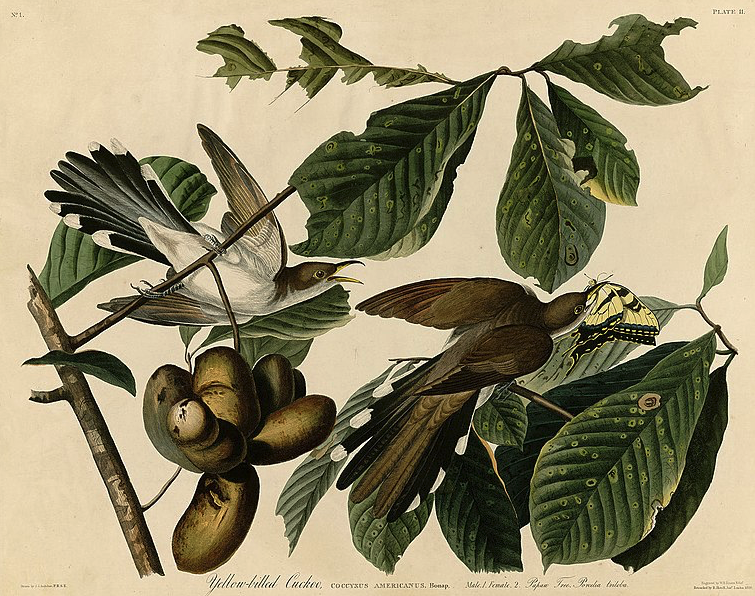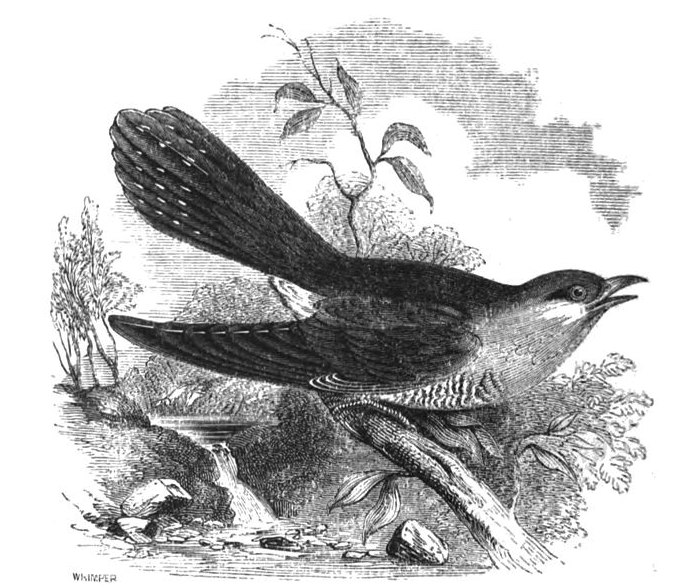
Throughout history, the cuckoo bird has been enveloped in a shroud of mystique, often seen as a herald of omens.
Diving into the pastoral poetry of the 18th century, such as Gay’s “Shepherd’s Week,” we find intriguing anecdotes that capture the essence of age-old beliefs surrounding the cuckoo’s first call of spring.

Imagine the rush of excitement as people once raced at the sound of the cuckoo, eager to embrace the budding spring with traditions that are as curious as they are ancient.
In a vivid account from “Shepherd’s Week,” the excitement of hearing the cuckoo’s call for the first time in the year is palpable.
When first the year, I heard the cuckoo sing,
And call with welcome note the budding Spring,
I straightway set a running with such haste,
Deb’rah that won the smock scarce ran so fast.
Till spent for lack of breath, quite weary grown,
Upon a rising bank I sat adown,
And doff’d my shoe, and by my troth I swear,
Therein I spied this yellow frizzled hair,
As like to Lubberkin’s in curl and hue,
As if upon his comely pate it grew.
This piece of folklore resonates with memories from the northern reaches of England, where young boys carried on the tradition of spitting on their money upon hearing the cuckoo’s first call – a practice thought to bring luck. This custom, as noted by historical accounts like those of Sir Henry Ellis, highlights a specific regional quirk, emphasizing the bird’s influence on local superstitions.

But what lies at the heart of these fascinating customs?
It’s the universal reverence for birds like the cuckoo, symbols of spring’s arrival and the earth’s reawakening. These birds aren’t just signaling a change in the weather; they’re seen as bearers of good fortune, their presence intertwined with beliefs in prosperity and renewal.

